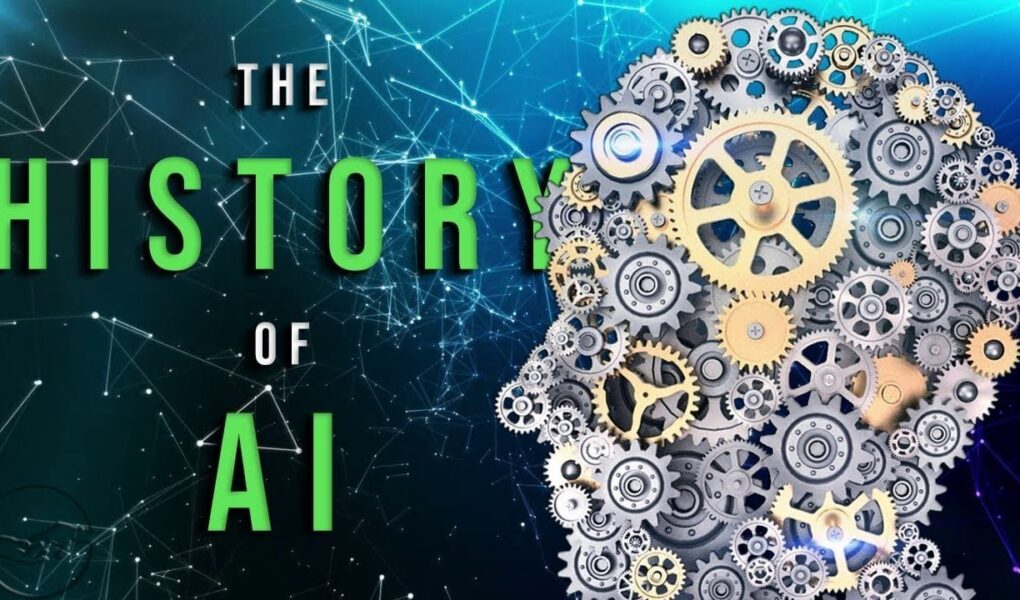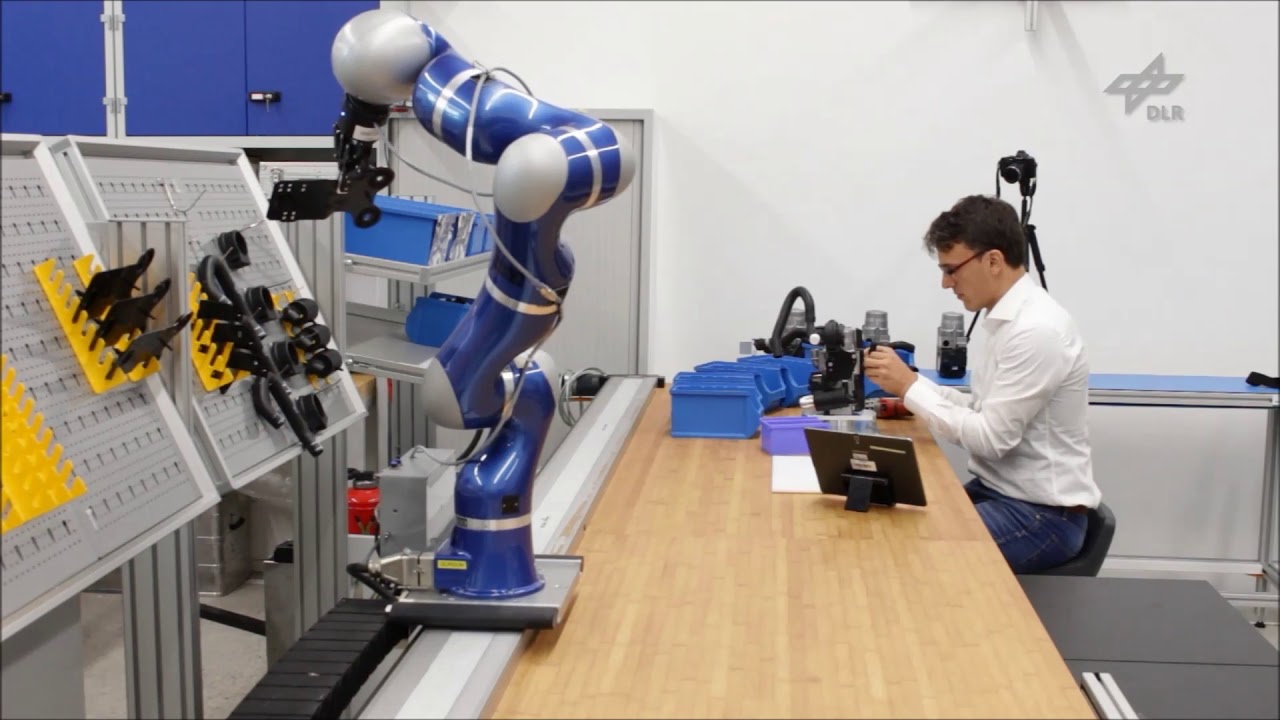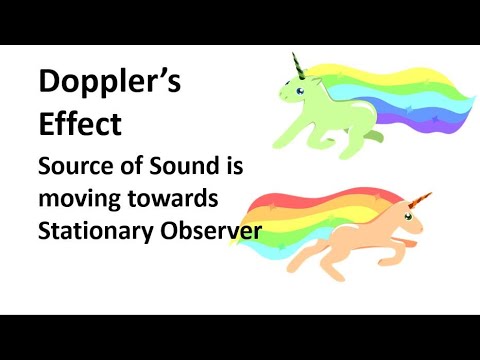BrainBoost
Artificial Intelligence, or AI, is a technology that allows machines to learn and perform tasks that typically require human intelligence, such as understanding natural language, recognizing objects, and making decisions. The history of AI can be traced back to ancient mythology and philosophy, but the modern concept of AI began to take shape in the 20th century.
In the 1940s and 1950s, early pioneers in the field of computer science, such as Alan Turing and John von Neumann, laid the theoretical groundwork for AI. They developed the first computers and began to explore how machines could be programmed to simulate human intelligence.
In the 1950s and 1960s, researchers made significant strides in AI, developing programs that could play games like chess and checkers and solve mathematical problems. However, progress was slow, and many researchers began to doubt whether true AI was possible.
In the 1970s and 1980s, a new approach to AI emerged, known as expert systems. These systems were designed to mimic the decision-making abilities of human experts in specific domains, such as medicine and finance.
In the 1990s and 2000s, advances in machine learning and neural networks ushered in a new era of AI. Machine learning algorithms allowed machines to learn from data and improve their performance over time, while neural networks enabled machines to simulate the structure and function of the human brain.
Today, AI is a rapidly evolving field, with applications in industries ranging from healthcare and finance to transportation and entertainment. While AI has the potential to revolutionize many aspects of our lives, there are also concerns about the impact of AI on jobs, privacy, and security.
Source




ThanQ AI